Hello everyone, this is I. And welcome back to Review Everything! reviewing everything I can do.
OPPENHEIMER (2023)
This next episode is the most anticipated movie in 2023, Oppenheimer. Written & Directed by Christopher Nolan, a NO-CGI guy. A guy who made The Dark Knight trilogy, Interstellar, & Dunkirk.
Oppenheimer is a 2023 epic biographical thriller film written and directed by Christopher Nolan. Based on the 2005 biography American Prometheus by Kai Bird and Martin J. Sherwin, the film chronicles the life of J. Robert Oppenheimer, a theoretical physicist who was pivotal in developing the first nuclear weapons as part of the Manhattan Project, and thereby ushering in the Atomic Age. Cillian Murphy stars as the titular character, with Emily Blunt as Oppenheimer's wife, Katherine "Kitty" Oppenheimer, Matt Damon as General Leslie Groves, Oppenheimer's military handler, and Robert Downey Jr. as Lewis Strauss, a senior member of the United States Atomic Energy Commission. The supporting cast also includes Florence Pugh, Josh Hartnett, Casey Affleck, Rami Malek, Tom Conti, and Kenneth Branagh.
The project was announced in September 2021 after Universal Pictures won a bidding war for Nolan's screenplay. Murphy signed on to portray Oppenheimer in October, with others in the main cast joining between November 2021 and April 2022. Pre-production was underway by January 2022, with filming taking place from February to May. Oppenheimer was filmed in a combination of IMAX 65 mm and 65mm large-format film, including, for the first time in history, sections in IMAX black-and-white film photography. As with his previous works, Nolan utilised extensive practical effects and minimal computer-generated imagery.
Oppenheimer premiered at Le Grand Rex in Paris on July 11, 2023, and was theatrically released in the United Kingdom and United States on July 21, 2023 by Universal Pictures. Its simultaneous release with the fantasy comedy Barbie led to the "Barbenheimer" phenomenon on social media, which encouraged audiences to see both films as a double feature. The film received critical acclaim, with particular praise for its cast, screenplay, and visuals.

Before we get into the storyline, here's the story of how Nolan wrote the whole script of Oppenheimer
Oppenheimer is the first script written by Christopher Nolan in the first person, as he wanted the narrative to be conveyed from Oppenheimer's perspective and described the "texture" of the film being "how the personal interacts with the historic and the geopolitical" with the intention of making it a cautionary tale. He had began writing the script after he had finished Tenet and had written it in a few months, although Nolan had been envisioning the film for over 20 years. A primary theme of Oppenheimer is dealing with the consequences of Oppenheimer's actions, with Nolan opting to explore how consequences can affect people in a delayed manner as he felt people are not "necessarily confronted with the strongest or worst elements of your action in the moment". He had also deliberately chosen to alternate between scenes in color and black-and-white, explaining that he wanted the film to be conveyed from both an objective and a subjective perspective. Elaborating upon the dichotomy of color and black-and-white, he said that the majority of the film would be in the color timeline of Oppenheimer's subjective experiences, while a "more objective view of his story from a different character’s point of view" would be present in the black-and-white timeline. Desiring to make the film as subjective as possible, the production team decided to visualize Oppenheimer's conceptions of the quantum world and waves of energy. The story's framing device had spanned from Oppenheimer's security clearance hearing in 1954 to Strauss's Senate confirmation hearing in 1959 to become President Dwight D. Eisenhower's Secretary of Commerce, with the former being in color and the latter being in black-and-white. Nolan had also noted how Oppenheimer had never publicly apologized for his role in the atomic bombings of Hiroshima and Nagasaki, desiring to portray that guilt as he believed that Oppenheimer had been genuinely guilty of his actions.
He had begun by trying to find the "thread that connected the quantum realm, the vibration of energy, and Oppenheimer's own personal journey" and had sought to portray the difficulties in his life, particular in regards to his sexual life. As such, Nolan wanted to candidly portray his affair with Jean Tatlock. He had also wanted to explore Tatlock's influence on his life, since she was a Communist, as Nolan had known that it would have "enormous ramifications for his [Oppenheimer's] later life and his ultimate fate". Nolan also sought to explore the relationship between Admiral Lewis Strauss, former chair of the Atomic Energy Commission during the Manhattan Project, and Oppenheimer. He had been inspired by the relationship between Mozart and Antonio Salieri in the film Amadeus (1984). Another critical moment of the film was the meeting in which President Harry S. Truman called Oppenheimer a "crybaby". Nolan had wanted to convey the scene from Oppenheimer's perspective and had felt that it was a "massive moment of disillusion, a huge turning point [for Oppenheimer] in his approach to trying to deal with the consequences of what he’d been involved with", while also underscoring that it is a "huge shift in perception about the reality of Oppenheimer's perception". He had also wanted to execute a quick tonal shift after the atomic bombings of Hiroshima and Nagasaki, desiring to go from the "highest triumphalism, the highest high, to the lowest low in the shortest amount of screen time possible". For the ending, Nolan had chosen to make it intentionally vague in order to be open to interpretation and had refrained from being didactic or conveying specific messages in his work. However, he did have the intention to have a "strong set of troubling reverberations at the end".
Nolan had first been aware of Oppenheimer after hearing the lyric "How can I save my little boy from Oppenheimer’s deadly toy?" from the song "Russians" (1985) by Sting. He was also inspired by his fears of nuclear holocaust throughout his childhood, as he had lived during the era of Campaign for Nuclear Disarmament (CND) and the anti-nuclear protests in RAF Greenham Common. He had also opined that "while our relationship with that [nuclear] fear has ebbed and flowed with time, the threat itself never actually went away", and felt the 2022 Russian invasion of Ukraine had caused a resurgence of nuclear anxiety. Nolan had also written a script for a biographic film about Howard Hughes approximately during the time of production of Martin Scorsese's The Aviator (2004), which had given him insight on how to write a script regarding a person's life. Emily Blunt had described the Oppenheimer script as "emotional" and resembling that of a thriller film. She had also commented that she felt Nolan had "Trojan-Horsed a biopic into a thriller".
Alright, without further ado, let's get into the plot
WARNING!
The story plot contains spoilers, watch the movie first before reading this review!
In 1926, young J. Robert Oppenheimer grapples with homesickness and anxiety at the Cavendish Laboratory under Patrick Blackett, a demanding tutor, for whom he leaves a poisoned apple. After completing his Ph.D. in physics at the University of Göttingen, he returns to the United States, driven by the absence of research on quantum physics. He starts teaching at the University of California, Berkeley, while also dedicating time to the California Institute of Technology. Along the way, he encounters significant figures like Ernest Lawrence, the 1939 Nobel Prize winner who emphasizes the importance of practical applications; Jean Tatlock, a member of the Communist Party USA with whom he has an on-and-off romantic relationship until her eventual suicide; and ex-Communist biologist Katherine Puening, whom he later marries.
General Leslie Groves approaches Oppenheimer and requests his involvement in the development of the atomic bomb, known as the Manhattan Project, but only after Oppenheimer assures him of having no sympathies for communism. Oppenheimer then assembles a team of scientists to work together in secret and create the bomb in Los Alamos, New Mexico, aiming to use it as a means to save the world despite the concerns about the potential global repercussions. In particular, the danger of the Nazis and their antisemitism drives the Jewish Oppenheimer. At one point, he and renowned physicist Albert Einstein discuss the possibility of the bomb triggering a chain reaction that could lead to catastrophic consequences and potentially the end of the world.
When Germany surrenders in World War II, some of the project's scientists begin questioning its importance; however, it continues regardless, and the Trinity test is carried out successfully right before the Potsdam Conference. U.S. president Harry S. Truman makes the decision to drop atomic bombs on Hiroshima and Nagasaki, Japan. Devastated by the immense destruction caused by these bombings, Oppenheimer meets with Truman in his office. Truman is disgusted by Oppenheimer's distraught regret and perceives it as weakness; he absolves Oppenheimer of all responsibility for the bombings, but Oppenheimer holds himself accountable.
Oppenheimer goes on to be a vocal advocate against further nuclear development, especially the creation of the hydrogen bomb by his fellow Manhattan Project scientist Edward Teller. However, his stance becomes a point of contention amid the tense Cold War with the Soviet Union. His perceived left-wing ties via his brother Frank's early involvement with the Communist Party, and association with Tatlock, draw suspicion from government officials. Lewis Strauss, a senior U.S. Atomic Energy Commission member, holds a grudge against Oppenheimer for seemingly badmouthing him to Einstein in a conversation he views from afar at the Institute for Advanced Study, and publicly dismissing his concerns regarding the export of isotopes. He exploits these allegations at a hearing intended to remove Oppenheimer from political influence, where Oppenheimer is betrayed by the testimony of Teller and Groves. His security clearance is revoked, and the public revelation of his perceived communist ties lead to his public fall from grace, effectively silencing his influence. At Strauss's own Senate confirmation hearing to become Secretary of Commerce, former Metallurgical Laboratory technician David Hill exposes Strauss' personal grievances against Oppenheimer and his role in engineering Oppenheimer's downfall, leading the Senate to vote against confirmation.
In 1963, Oppenheimer receives the Enrico Fermi Award from Vice President Lyndon B. Johnson as a gesture of political rehabilitation. His earlier conversation with Einstein is revealed to be not about Strauss, but about the far-reaching implications of nuclear weapons and the heavy burden of knowledge that they bear. Despite the success of the Trinity, Oppenheimer wonders if they had effectively started a "chain reaction" of events that might end the world, envisioning it destroyed by his own creations.
I actually didn't expect the inappropriate scene in this movie and it was worth it seeing it all, love this movie.

Oppenheimer was filmed with IMAX 70mm and filmed by Hoyte Van Hoytema. The film used a combination of IMAX 65 mm and 65 mm large-format film. It is also the first film to shoot sections on IMAX black-and-white photographic film. In the second week of April, filming took place at the Institute for Advanced Study in Princeton, New Jersey. Filming also occurred in California, primarily around the campus of the University of California, Berkeley. The production team had filmed scenes in Belen, New Mexico, with Murphy climbing a 100-foot steel tower, a replica of the original site used in the Trinity Project, in rough weather. Filming wrapped in May 2022.
Filming involved the use of real explosives to recreate the Trinity nuclear test, forgoing the use of computer-generated graphics. A special set was created with gasoline, propane, aluminum powder, and magnesium being used. While using miniatures for the practical effect, the film's special effects supervisor Scott R. Fisher referred to them as "big-atures", as the team tried to make the models as large as possible. To make it look like they had natural size, the team used forced perspective. A 1940s-style town was also built from scratch for the film. Visualizations of the interactions between atoms, molecules, and energy waves, as well as the depiction of stars, black holes, and supernovas, were also achieved through practical methods. Nolan claimed the movie contains no computer-generated effects. Scenes had also been filmed in Oppenheimer's original cabin, which had been restored. Kai Bird was also on set and impressed by Murphy's performance as Oppenheimer during filming.
Hoyte Van Hoytema did a very amazing job on this film like... man, that was impossible to do these shots.

Just like I said, Christopher Nolan doesn't use any CGI at all but still editing after filming. Editing was completed by Jennifer Lame, who had previously edited Tenet. While inspecting the footage during editing, Nolan and Lame had performed "character passes" in which they made sure that all the characters were properly displayed due to the film having a faster pace than most traditional blockbusters. Visual effects were handled by DNEG, marking their eighth collaboration with Nolan. Andrew Jackson was the visual effects supervisor.
I'm gonna say, she really did a good job editing this film.

The music was scored by Ludwig Göransson, who composed the score for the film, after doing so for Nolan's previous film, Tenet. Göransson's score was featured in a trailer for the film on May 8, 2023. It was also featured in the Universal Pictures exclusive five-minute Opening Look on July 13. Nolan had advised him to use the violin for Oppenheimer's central theme in the film, with Göransson remarking that he had felt that it could go from "the most romantic, beautiful tone in a split second to neurotic and heart-wrenching, horror sounds". These guys were very good at marketing, not gotta lie

Oppenheimer marks the sixth collaboration between Nolan and Murphy, and the first starring Murphy as the lead. To prepare for the role, the actor did what he summarized as "an awful lot of reading" on Oppenheimer's life and had also been inspired by David Bowie's appearance in the 1970s. Nolan had called Murphy one day requesting him to play the part, and Murphy had enthusiastically accepted his offer and was excited to play a lead role in a Nolan film. Afterwards, Nolan flew to Dublin to meet with Murphy, who had read the script in his hotel room by September 2020.
The casting process was so secretive that some of the actors did not know which role they were going to play until they signed on. Robert Downey Jr., Matt Damon, and Emily Blunt took pay cuts to work on the film, earning $4 million each in lieu of their usual $10–20 million salaries. Downey Jr. had gone to Nolan's house to read the script, which was printed in black on red paper. Blunt had met Nolan in Los Angeles and, when she was offered the role of Katherine "Kitty" Oppenheimer, she enthusiastically accepted; she had also contacted Murphy in order to get an expectation of what working with Nolan would be like. Meanwhile, Matt Damon had chosen to take a break from acting following negotiations with his wife Luciana Barroso in couples therapy unless Nolan had hired him for a film. Nolan cast writer-director Benny Safdie in the film as physicist Edward Teller after asking director Paul Thomas Anderson about his experience directing Safdie in Licorice Pizza (2021). Safdie had already studied some nuclear physics and was working with a nuclear physicist at Columbia University. Downey Jr. considered Oppenheimer "the best film" he ever appeared in.
Top Cast
Cillian Murphy - J. Robert Oppenheimer
Emily Blunt - Kitty Oppenheimer
Tom Conti - Albert Einstein
Dylan Arnold - Frank Oppenheimer
Robert Downey Jr. - Lewis Strauss
Matt Damon - Leslie Groves
I love Cillian Murphy so much, he acted in so many movies and one series that my country loves, Peaky Blinders. I love Robert Downey too, he really did a good job on the acting in all his films, including The Avengers. All of these actors really did an amazing job of acting in this film!

Let's recap all the sections from Plot to Cast. The plot is just too good, the filming is amazing, the editing is amazing too, the soundtrack sounds banger, and the acting is so much more than just good.
THIS movie is a...
10/10. Perfection goes with history, I would recommened you to watch it on IMAX theatre!
I just love this movie, I've been waiting for this for 1 year.

And just like last time, the critic's section on film is different (trust me, it is).
Critics praised Oppenheimer primarily for its screenplay, the performances of the cast (particularly Murphy and Downey Jr.), and the visuals; it was frequently cited as the best or one of the best films of 2023, although some criticism was aimed towards the writing of the female characters.
According to Rotten Tomatoes, they've rated
94% on Tomatometer & Audience Score
According to IMDb
8.8/10 on IMDb
Metacritic, which uses a weighted average, assigned the film a score of
89 out of 100, based on 63 critics, indicating "universal acclaim" on Metacritic
Audiences surveyed by CinemaScore gave the film an average grade of
"A" on an A+ to F scale, while those polled at PostTrak gave it a 93% overall positive score, with 74% saying they would definitely recommend the film.
Thank you so much for reading the Oppenheimer review episode, this takes a long time to write all of these and copy-paste on the rating and the plot. This movie is already my #1 favorite, it was the most anticipated movie of all time ever in my whole life.
Again, thank you for reading the review episode, there'll be ANOTHER movie review but it's in October, guess we have to watch a movie and write a review at the same time. A lot of horror movies are coming in October, including FNaF Movie, which that'll be coming in November.
Thank you for reading all of it, I'll see you guys again in the next episode!
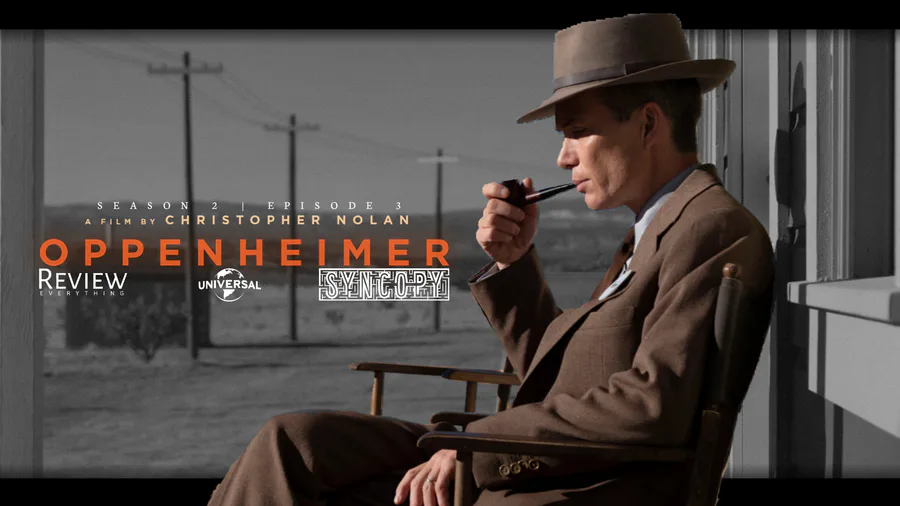




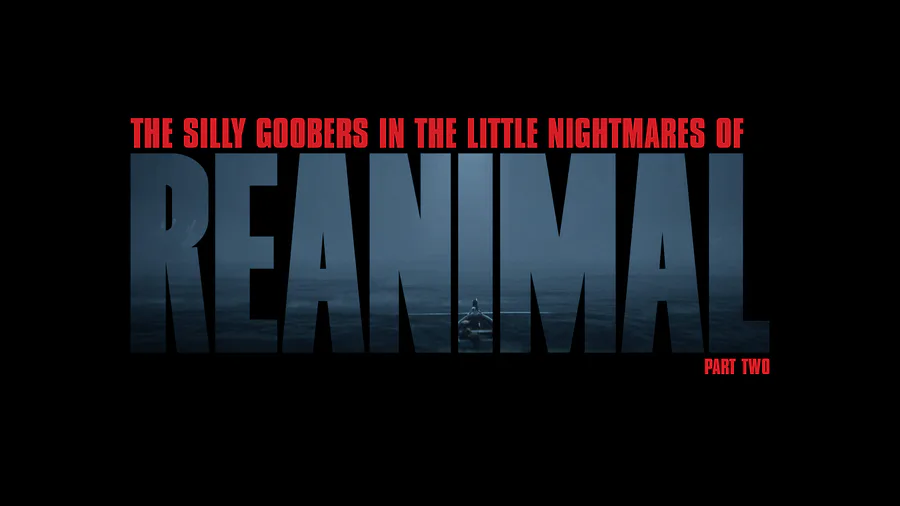
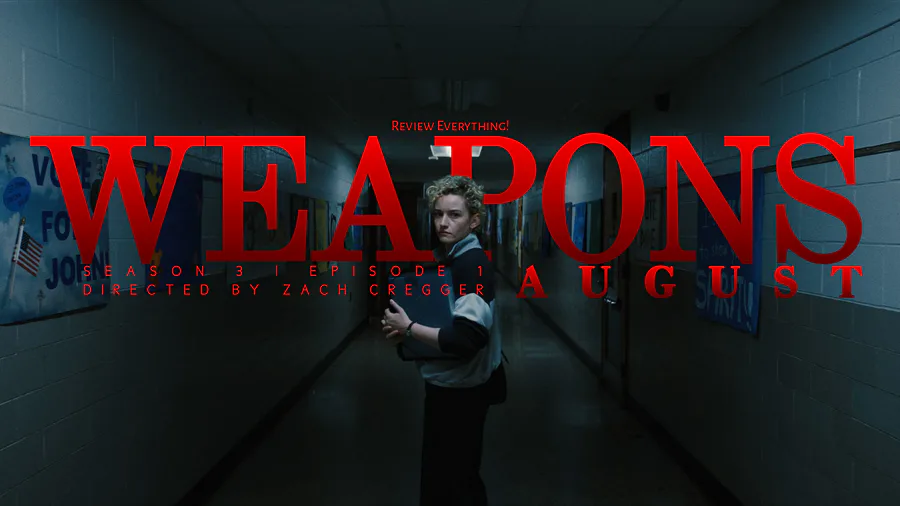
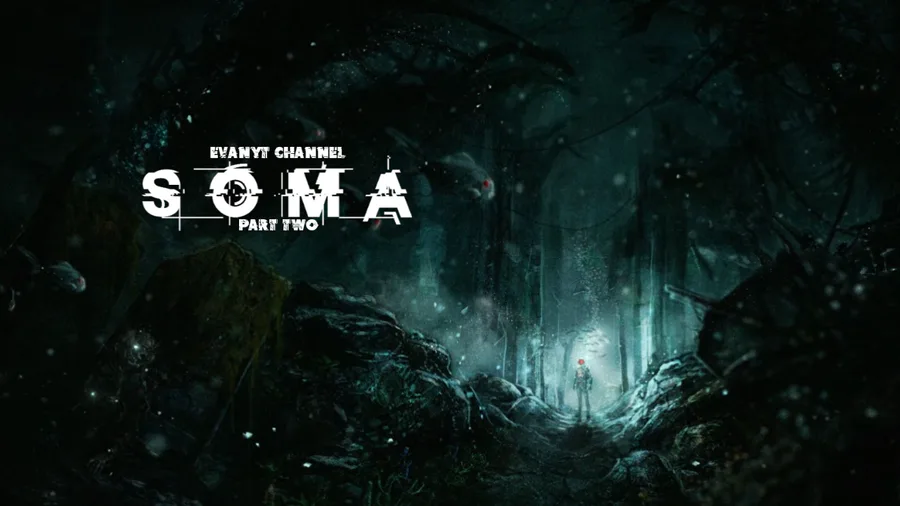



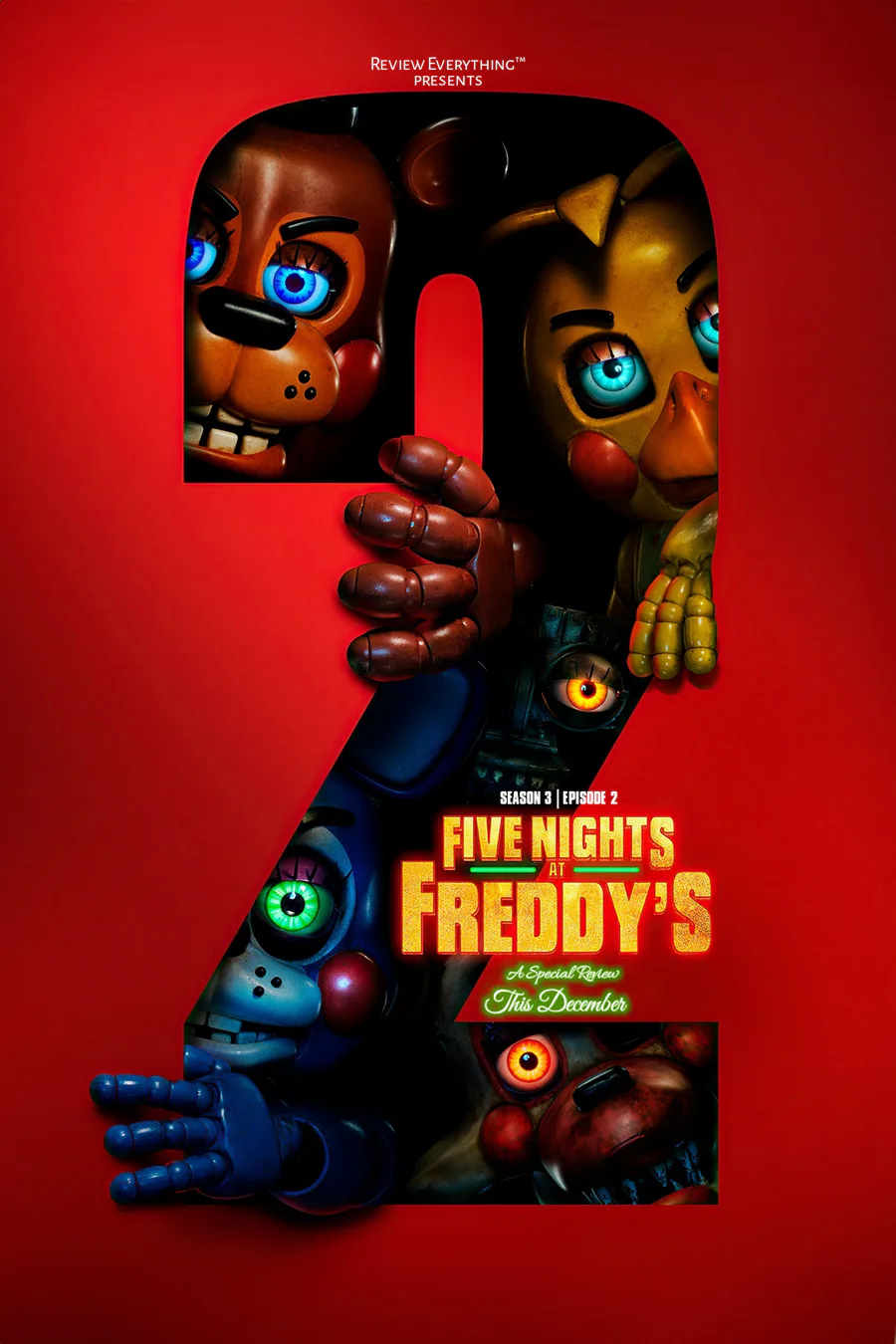
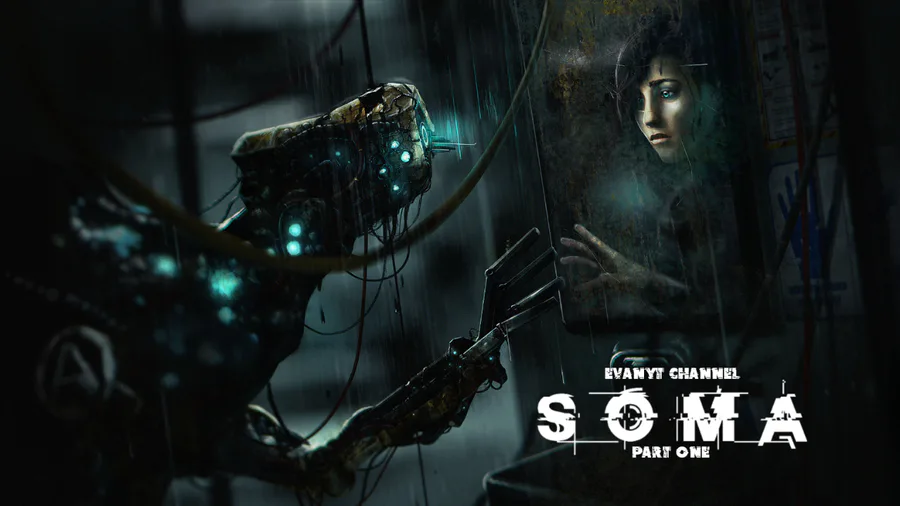

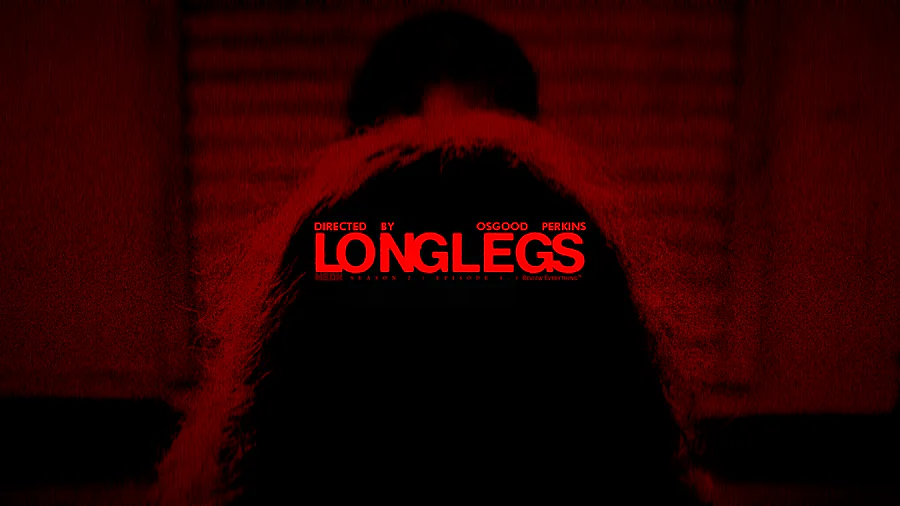
0 comments